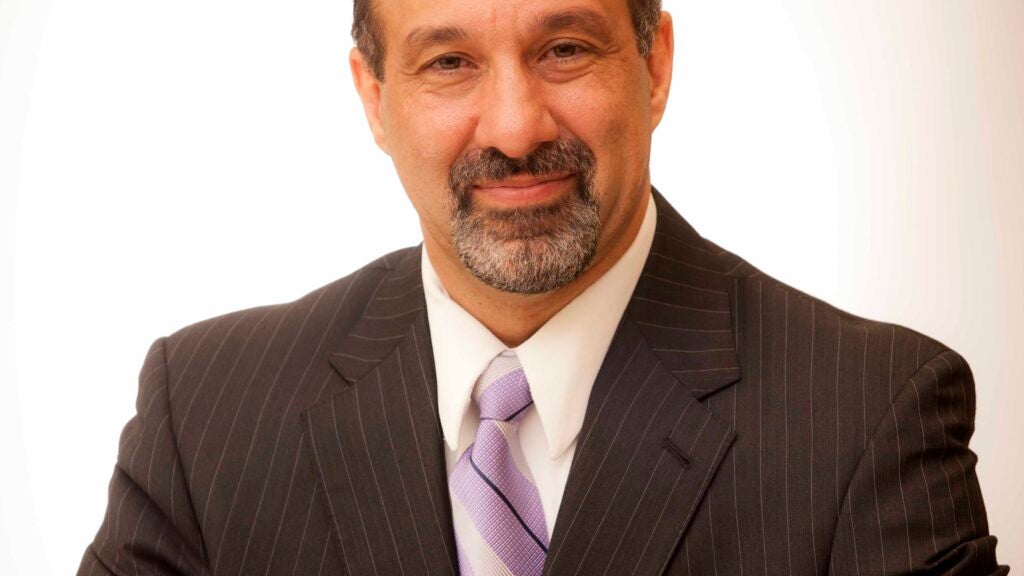Kamrava on Bloomberg: Rouhani Allies Sweep Tehran Seats in Poll Boost for Moderates

Allies of Iranian President Hassan Rouhani made significant gains as preliminary results from last week’s twin election were announced, with reformist and moderate candidates capturing all 30 parliamentary seats in Tehran.
The early victories and reports of a high turnout spurred claims of victory on social media by activists and media who share Rouhani’s ambition of overhauling the post-sanctions economy with the help of foreign investment and perhaps easing some social restrictions. Yet to secure control of the legislature and confront entrenched conservative power in other governing institutions like the judiciary, the president will need similar wins nationwide.
The reformist Aftab newspaper heralded “the soft breeze of victory” in a headline on its front page. The leading Shargh daily announced a “decisive victory,” while Etemad, which also backs progressives, saw a “shake-up in parliament.”
In Tehran about 2.6 million votes had been counted out of an electorate of 8 million, state television reported. One notable victim of the Feb. 26 ballot was Gholam-Ali Haddad-Adel, ex-parliamentary speaker and spokesman for a major hard-line parliamentary faction. Participation in the parliament vote was more than 60 percent, according to authorities.
“Turnout was much higher than most anticipated,” signaling broad participation including among younger voters more likely to support the president, said Mehran Kamrava, director of the Center for International and Regional Studies at Georgetown University’s School of Foreign Service in Qatar. Rouhani is likely to “feel emboldened to continue with his priorities,” he said.
Clerics
The coalition of moderates and reformists that had formed in the build-up to balloting also took an early lead in a separate vote for the Assembly of Experts, a top clerical body tasked with selecting the Islamic Republic’s supreme leader when the position becomes vacant. It is currently held by 76-year-old Ayatollah Ali Khamenei, who backed Rouhani’s nuclear diplomacy but regularly expresses deep skepticism over U.S. intentions toward Iran.
Sixteen seats in the 88-member body are reserved for the capital. Renowned hard-line clerics Mohammad Taghi Mesbah Yazdi and Mohammad Yazdi, lost their seats, according to the initial vote count. Both have opposed reforms. Rouhani and a leading ally, former President Ali Akbar Hashemi Rafsanjani, retained their seats on the assembly.
The results reflect a “vote of confidence by the most politicized segment of the Iranian society for Rouhani and Rafsanjani’s vision of a more pluralistic polity that is integrated into the global economy,” said Ali Vaez, senior Iran analyst at the New York-basedInternational Crisis Group. “Ultra-conservatives are on the back foot, but not defeated.”
Together, Friday’s two elections could play a major role in shaping the country’s direction, amid deep ideological differences over the wisdom of opening up to the international community.
‘Tehran Is Free’
Rouhani, the architect of a diplomatic U-turn that led to the nuclear accord and the removal of global sanctions, wants to translate his foreign-policy coup into benefits for Iranians ahead of the 2017 presidential race, when he might seek a second term. For foreign investors eyeing a relatively untapped market of 77 million consumers, a victory for moderates more in tune with the president’s agenda could speed laws opening the economy to more international business.
Having harnessed the power of social media during campaigning, reformist activists feted their success in Tehran, posting jokes and photos on Twitter and the widely popular mobile app Telegram. “Dear citizens! Attention please, attention please, Tehran is now free!” read one message. Another mocked the media ban imposed on reformist ex-President Mohammad Khatami by hardliners.
In a message published on Saturday, Rouhani called on “people and the government to speak with the same voice” and make “use of international opportunities to start a new chapter in the growth and blossoming of the national economy.”